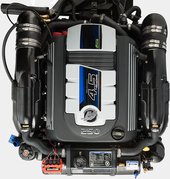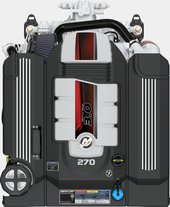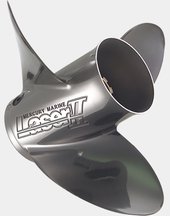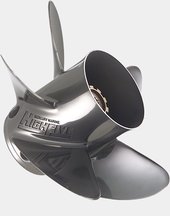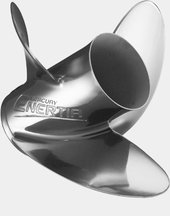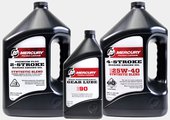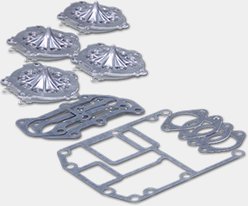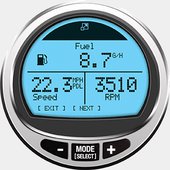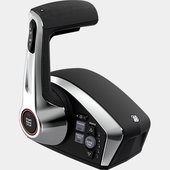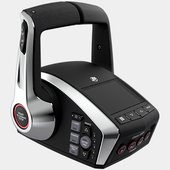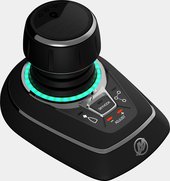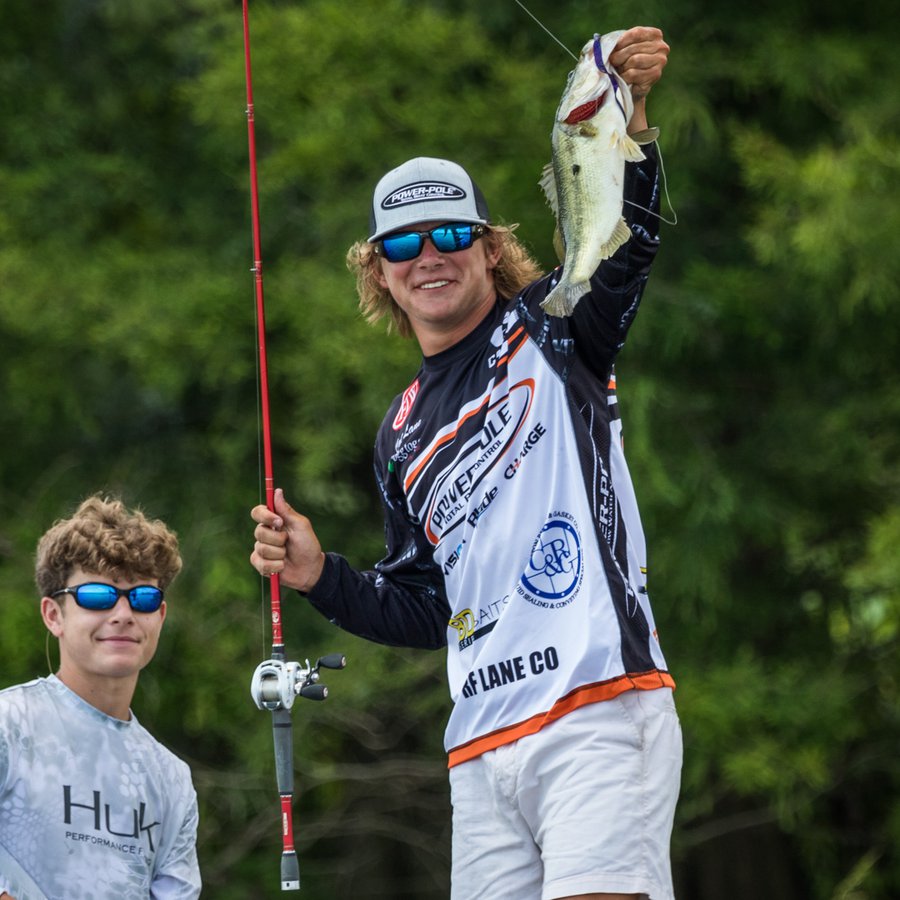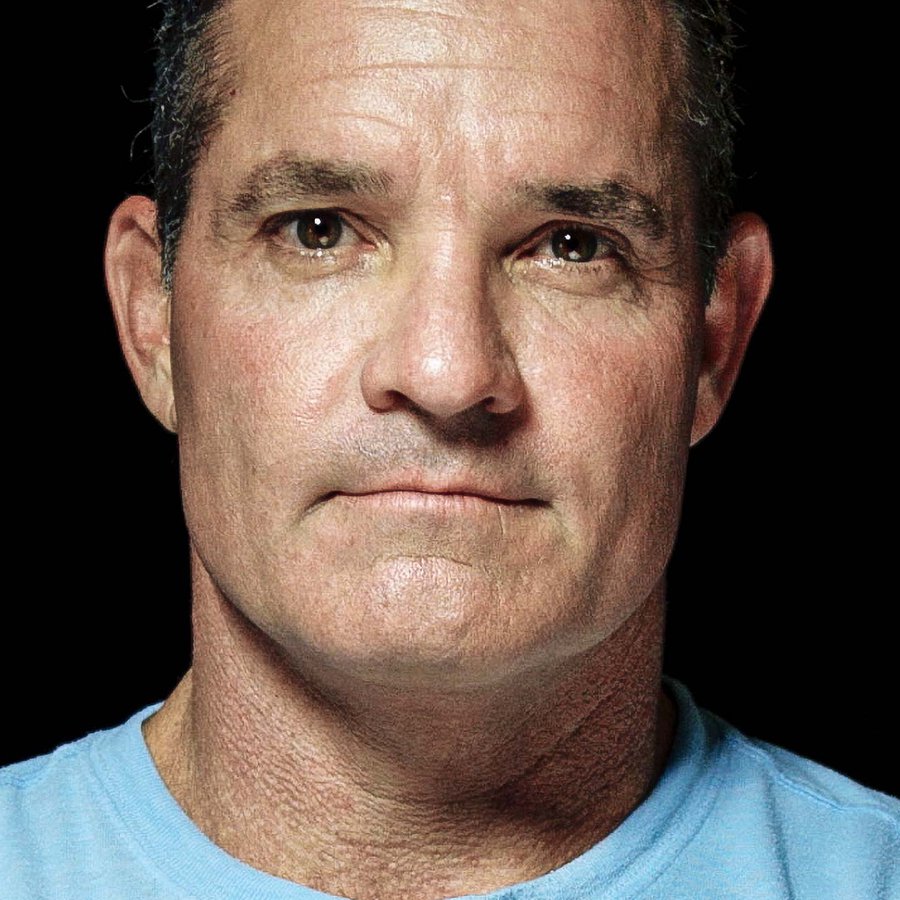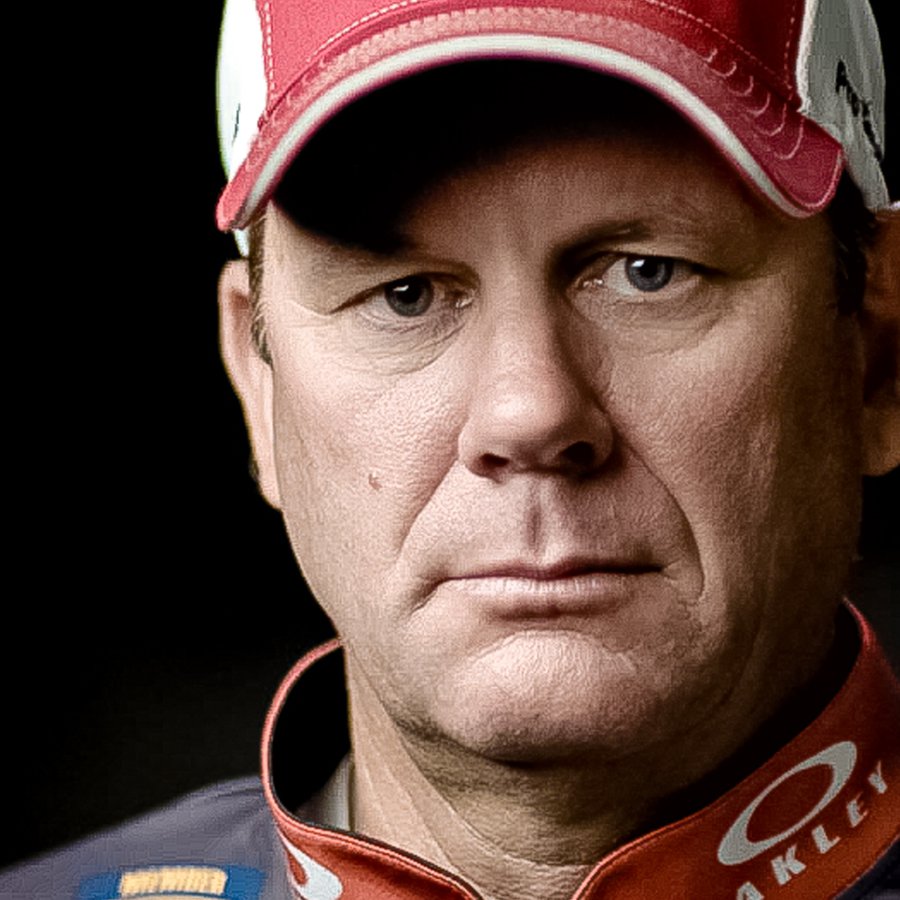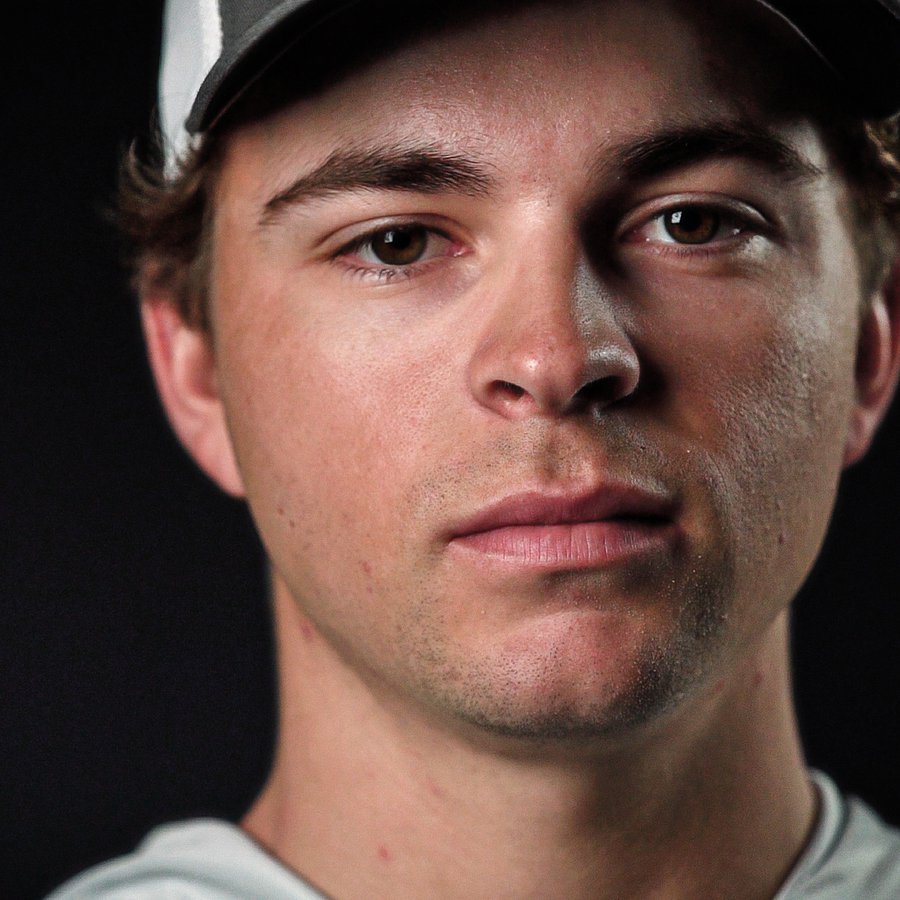He’ll also be the first to say that the reason he has so much today is because he once had next to nothing. Reese grew up without the privileges many enjoy, and he struggled mightily to stay above water in his early adulthood. He’s not ashamed to admit that he’s endured lean times that saw him sleeping in his vehicle and losing his belongings to repossession. But what he had – and still has – was an indomitable spirit and a drive to succeed and be the best in his field.
“Bottom line, for me, was when you have nothing it gives you the drive to push yourself to get somewhere you haven't been,” Reese said. “Growing up we didn't have a lot of money. I didn't have people buying stuff for me, so I was pretty self-reliant. I had to overcome adversity if I wanted to get to that next level of competition.”
And overcome he did. Reese turned pro in 1997, and 10 years later he was celebrated as the 2007 Bassmaster Elite Series Angler of the Year. Two years later he hoisted the trophy at the Bassmaster Classic, held on the Red River out of Shreveport, Louisiana, making him one of just a handful of anglers to win both the Classic and AOY at B.A.S.S.’s premier level of competition. All told, he’s had 10 major career wins and 79 top-10 finishes en route to $3.5 million in career earnings over the past 23 years.
Despite the tough start he had – or perhaps because of it – Reese developed a mental approach to climbing the ladder that allowed him to shake off the missteps while redoubling his efforts to continue the ascent.
“How do you get to the next level and not let fear keep you from accomplishing it?” said Reese. “We always have internal fears of not being good enough, or whatever it might be. You've got to keep pushing yourself and basically never give up. I mean, you're going to fail sometimes. We all fail somewhere along the way. But when you've got nothing, like I did, you keep striving to earn a bigger paycheck or to hold a trophy so you can buy your wife a pair of shoes and feed your kids. Everybody's got their own motivating factors, but my motivation was I was broke, and I wanted to be successful. I wanted to win tournaments and wanted to be good at what I did.”
Reese grew up in Auburn, California, where he still resides with his wife, Kim, and teenage daughters, Lea and Courtney. Now 51, he’s traveling and fishing just as hard as he ever was, matching his wits against those of the other giants of the sport on the Major League Fishing Bass Pro Tour in his Ranger Z521L boat powered by a 4.6L V8 250hp Mercury Pro XS outboard. But don’t let the years fool you: Reese is fitter than most people half his age, which he credits to his aggressive workout regimen, especially in the offseason. And even though he’s already reached the pinnacle of the sport and etched his name among the most accomplished anglers of all time, he’s still just as hungry for the next win, the next innovation and the next bite as he ever was.
“My desire to win is just as strong as it was 30 years ago,” Reese said. “I think it’s the competition that keeps me motivated. I realized early on that fishing fueled whatever competitive spirit I have. I want to hold the trophy. I want to be able to say that I beat everybody else. It’s a sense of self-accomplishment, and it just fuels my inner fire and desires to still want to be successful and relevant, and to prove to myself that I've still got it.
“It’s hard to stay on top. As long as I've been in this industry and as well as I've done at it, in some respects it makes me put more pressure on myself to keep that bar elevated.”
For someone looking to become a better angler, whether for its own sake or with the intention of becoming a formidable competitive fisherman, Reese offered up a secret that is no secret at all: Get on the water and go fishing as much as you possibly can.
“Obviously, we’re living in the age of the internet, social media and instant information at your fingertips, but having all that information doesn’t make you a good fisherman,” Reese said. “You can read every post and every how-to book ever written on bass fishing, but that doesn’t mean you can go out there and apply it unless you try it on the water. Learning how to apply that information on the water and how to adapt and change to the conditions is how you hone your skills.
“Whether you’re a local, a regional or a national angler, the learning process is huge, and it’s a never-ending process. So putting in time on the water, to me, is the absolute most important thing you can do.”



